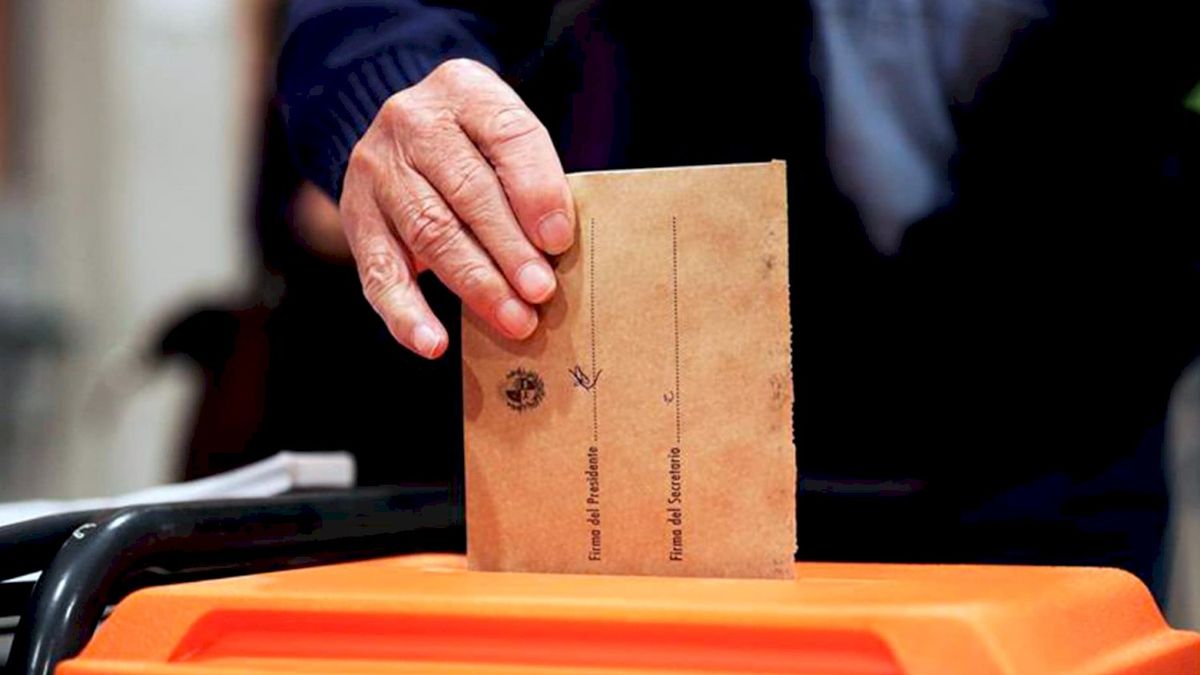The internal elections They will be held on the 30th of this month and one of the questions that arises again around the elections is the possibility of exercising the right to vote from another place other than the Uruguay.
Although interparty elections are not mandatory, it is essential to take into account who is or is not authorized to exercise their right to vote.
Faced with this doubt, it is necessary to remember that the Wide Front there is a long-term struggle so that the consular vote, a right that citizens who come from outside the country do not yet have.
The Broad Front project
The last attempt by the opposition to implement the consular vote was last year at the beginning of March when it presented a bill in the Senate arguing that Uruguay and Surinam They are the only countries that still do not guarantee the right to vote for non-residents; which, in the Uruguayan case are about 600 thousand people17% of the country’s population.
The left coalition had already tried to establish the consular vote through a letter with a plebiscite in 2009, but only 37% of those eligible voted for the reform of the Constitution necessary. In 2013, the ruling party tried again without success for the law, which was finally approved by the parliamentary commission created in 2017 to deal with the issue. However, the text was declared unconstitutional by the Supreme Court of Justice in 2020.
In the latest project presented, the Broad Front highlights that the right to vote is a human right, appealing to international treaties such as the Covenant on Civil and Political Rightsas well as the Constitution that establishes that “every citizen is a member of the sovereignty of the Nation and, as such, elector and eligible in the cases and forms that will be designated.”
Likewise, while residence abroad does not generate loss of citizenshipit cannot be an impediment to voting, and that is how the Frente Amplistas understand it.
Source: Ambito




